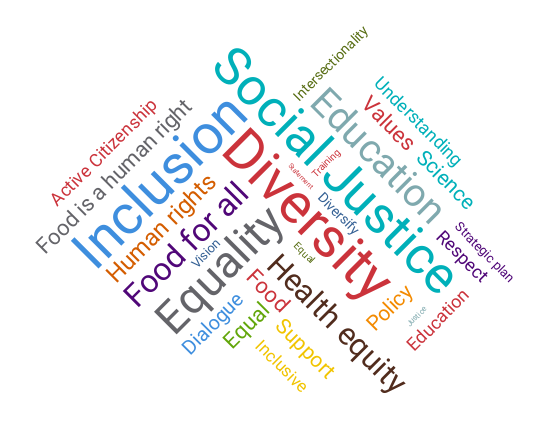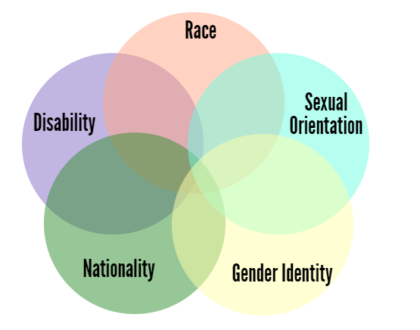Social Justice & Inclusion

The professional competencies help student affairs to better understand students and help them with the issues they face today. The competency areas are used to define what exactly “is student affairs work” and layout directions for the future development of student affairs educators both individually and as a profession. Student affairs professionals have a responsibility to create a welcoming environment where students can succeed regardless of gender, race, socioeconomic background, and sexual orientation. “ It is essential that we incorporate multicultural issues and dynamics into all types of teaching and training; otherwise, our educational interventions may be incomplete, inaccurate or irrelevant” (Schuh, Jones & Torres, p. 397, 2016).
Social Justice and Inclusion is important because most college campuses can have a diverse population but that is not all that it takes to make it “inclusive”. Inclusion is full and equal participation of all groups in a society that is mutually shaped to meet their needs. It is important for Student Affairs professionals to meet the needs of all groups. It is important that we are aware of other groups and cultures so that we can connect and build meaningful relationships with all students. This competency is important to help bring the student community together and make it a better and enjoyable place for all. “Student affairs educators may incorporate social justice and inclusion competencies into their practice through seeking to meet the needs of all groups, equitably distributing resources, raising social consciousness, and repairing past and current harms on-campus communities”(ACPA & NASPA).
Why is Social Justice And Inclusion Important?
It is important because it makes underrepresented students feel a greater sense of belonging. Students who perceive their campus climate as inclusive and nondiscriminatory show a greater willingness to participate. It will build confidence in underrepresented students and they will get the feeling they can achieve greater things as well as their counterparts. Social justice and inclusion can lead to more college satisfaction, students can feel greater comfort and have improved perceptions of the campus atmosphere.
How can we get colleges to increase their Inclusion efforts?
References
Schuh, J. H., Jones, S. R., & Torres, V. (2016). Student services: A handbook for the profession. San Francisco, CA: Jossey-Bass.
Professional competency areas for student affairs educators. ACPA & NASPA. (2015). Retrieved from https://www.naspa.org/images/uploads/main/ACPA_NASPA_Professional_Competencies_FINAL.pdf




